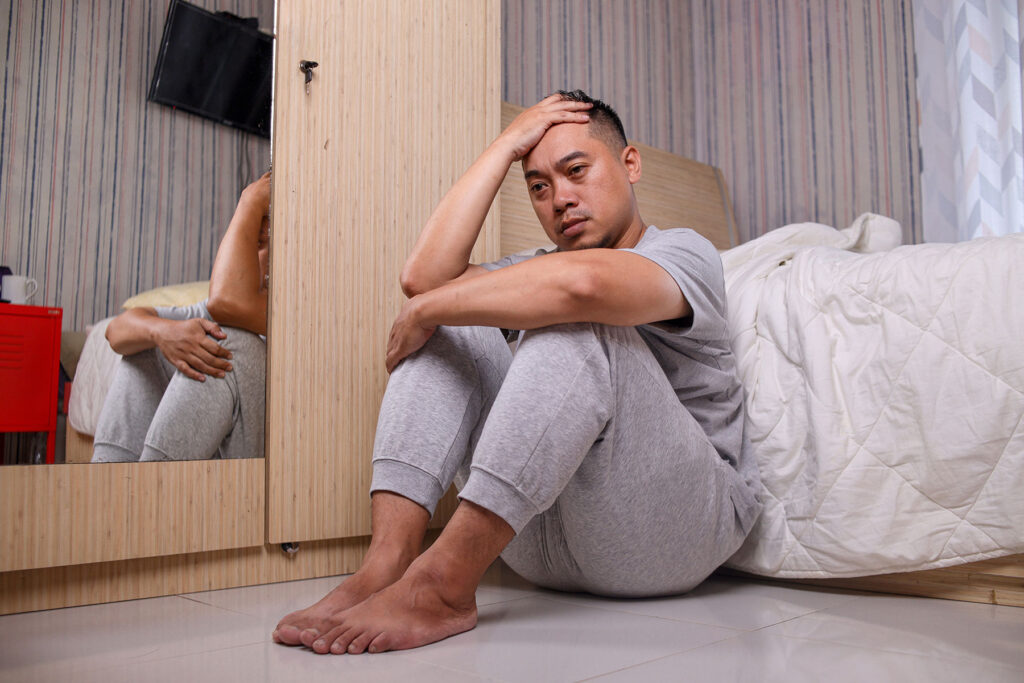Opioid overdoses are a tragic reality that countless individuals and communities face each day, a testament to the grip of the opioid crisis. Understanding the signs of an opioid overdose is an essential knowledge set for anyone who could find themselves in a situation where they might be able to save a life.
If you or someone you know is struggling with the effects of opioid abuse or addiction, know that help is available and recovery is possible. Evoke Wellness at Hilliard provides effective opioid addiction treatment in Ohio. Call 866.430.9267 or contact us online for the support and treatment you need today.
Signs of an Opioid Overdose
An opioid overdose occurs when a person uses enough of the drug to produce life-threatening symptoms or death. The misuse of prescription painkillers, heroin, and/or fentanyl can lead to an overdose, which can manifest quickly and with devastating consequences.
Several signs and symptoms can indicate an opioid overdose. Trained professionals can recognize these indicators quickly, but it is essential for everyone to familiarize themselves with these warning signs:
- Loss of consciousness – The individual cannot be woken up or remains unresponsive.
- Unresponsiveness – The person does not react to shaking, loud verbal cues, or other forms of physical stimulation.
- Unusual breathing patterns – Shallow breaths, slow breathing, or no breathing at all (apnea).
- Limp body – The person’s body is limp, and their face may be pale, ashy, or clammy to the touch.
- Vomiting – Nausea, which can lead to vomiting, can occur as a reaction to the opioids in the system.
If you suspect someone is experiencing an opioid overdose, call for medical attention immediately and stay with them until help arrives.
The Importance of Seeking Help for Opioid Abuse
Opioid addiction requires more than an individual’s willpower to overcome. Professional help offers a structured and comprehensive approach to addressing the multifaceted elements of addiction.
Medical Intervention
Medication-assisted treatment (MAT) uses medications to help ease withdrawal symptoms and reduce cravings. Combined with therapy and counseling, MAT has proven to be an effective tool in managing opioid addiction. The supervised nature of MAT ensures a safe and monitored withdrawal, which is critical for physical health and peace of mind.
Therapeutic Interventions
Cognitive-behavioral therapy (CBT) is one of the many forms of therapy that can be particularly effective for addiction. It helps individuals identify and cope with triggers that lead to substance abuse. Group therapy can provide a support network, while family therapy can heal relationships strained by addiction.
Customizable Care
There are various levels of care available, ranging from inpatient centers where individuals reside for the duration of treatment to outpatient programs that offer flexibility for those with work and family commitments. Each level of care is tailored to the individual’s needs and the severity of their addiction.
The decision to seek professional treatment for opioid addiction is a turning point—a brave and vital step toward a brighter, drug-free future.
Contact Evoke Wellness at Hilliard for Help Overcoming Opioid Abuse
For those who find themselves trapped by opioid abuse, the prospect of recovery can feel nearly impossible. However, there is a clear path forward: reaching out for professional help. Take the first step in overcoming opioid abuse and addiction today. Call 866.430.9267 or contact Evoke Wellness at Hilliard online to begin.


